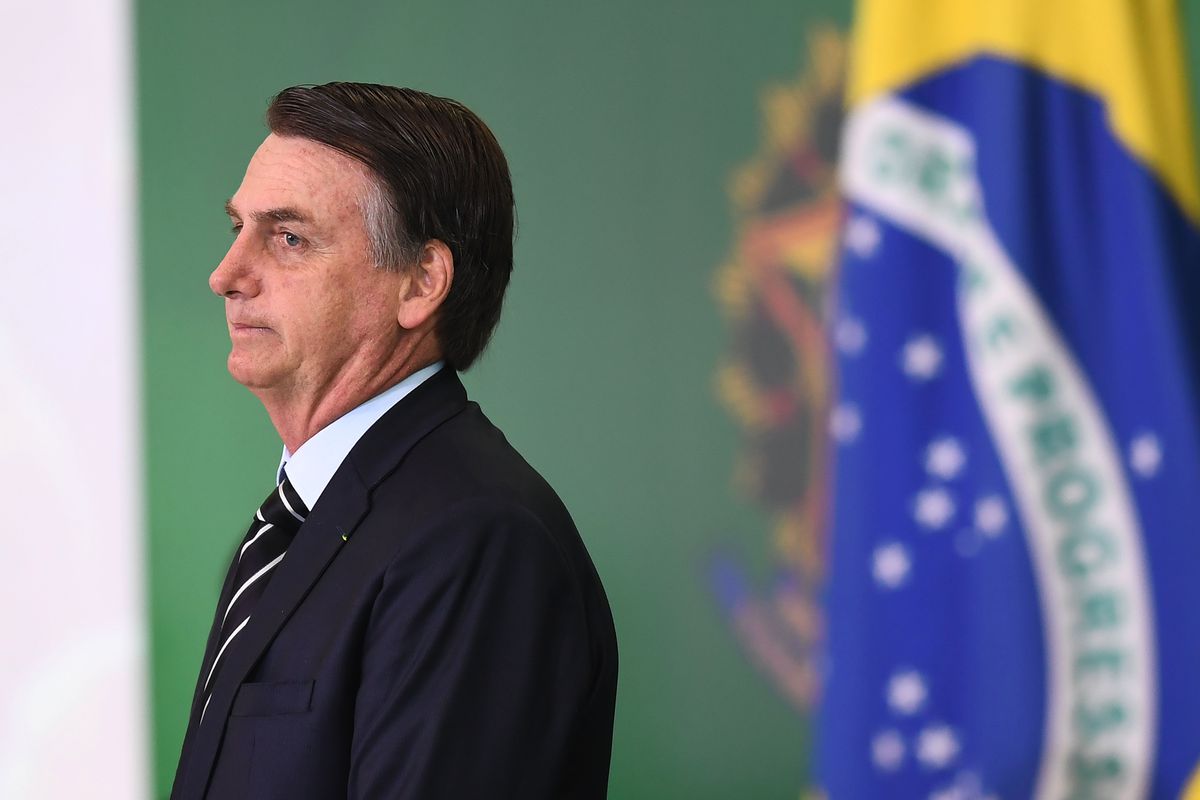In the Boston Review, Gianpaolo Baiocchi and Marcelo K. Silva assess the state of Brazilian democracy five months after far-right president Jair Bolsonaro took office. On the one hand, the coalition that elected him is fracturing and he has committed a series of embarrassing gaffes, all of which has undermined his power and influence. On the other hand, through bureaucratic appointments and various decrees he has managed to undermine the institutions of Brazilian democracy in a fundamental way. Baiocchi and Silva single out Bolsonaro’s effort to curb the number and power of local councils, which have made Brazil one of the most directly democratic countries in the world since its transition back to democracy in 1985. Here’s an excerpt:
Until very recently, Brazil has been known on the global stage as the “country of participation.” Brazilian participatory institutions were studied and emulated from South Africa to India and the United States. Since the 1980s, Brazil has been home to myriad forms of institutional experimentation with direct democracy—from national participatory councils and popular policy conferences to participatory budgets and participatory municipal master plans.
Principal among these forms of direct democracy is the Brazilian structure of councils, which Bolsonaro has attempted to dismantle via a series of presidential decrees in April and May that would abolish 55 of the 90 or so councils. Drawing on the idea of social democratic “council democracy,” councils are permanent standing bodies for state-society dialogue, and for social control of state institutions. Both main ruling political parties of the 1990s and 2000s—the center-right Brazilian Social Democracy Party and the left-wing Workers’ Party—invested in these councils, giving them increased prominence and status over two decades…
It is the very idea of democracy as a project of inclusion—of recognition of difference and diversity—that Bolsonaro has declared war on. This was already clear during the elections, when he declared that he would “put an end to all Brazilian activism,” just as it has been clear with his attack on councils. Add to this many other developments—his regime’s stance in support of the use of weapons by farmers against landless activists; the rejection of the very idea of rights by indigenous populations in their territories; the effort at abolishing gender-progressive education in schools; his obsession with internal enemies—and a very grave picture emerges of where this political project is headed.
Image of Jair Bolsonaro via Vox.
